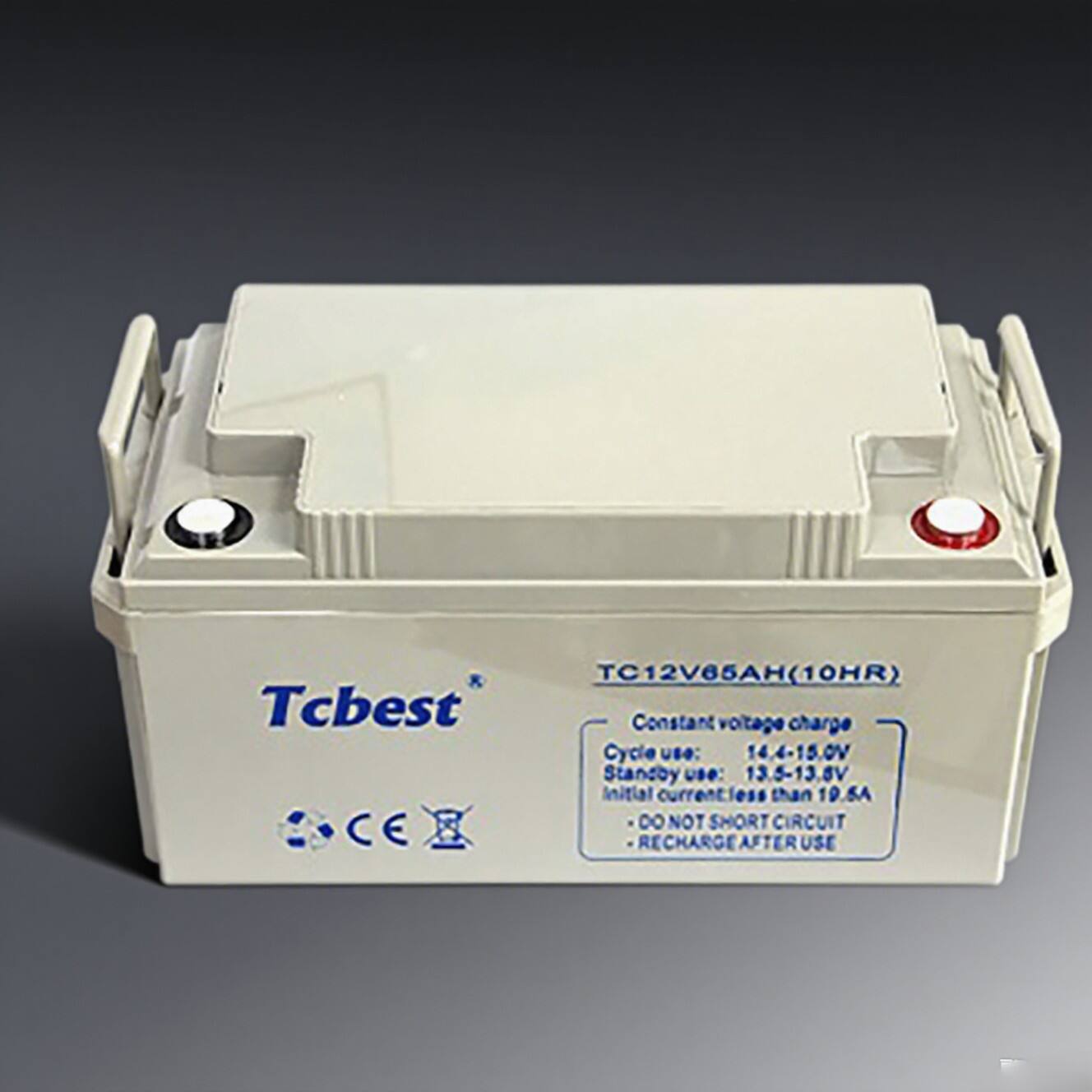Introduction
What’s every driver’s nightmare? The car breaking down because the battery suddenly dies! In fact, the lifespan of a car battery is closely tied to how we use and maintain it. Today, let’s break down in simple terms: how long a car battery can last, what habits “drain” its life, and how you can keep it running longer — explained in a way even beginners can understand.

1. First Things First: What Does a Car Battery Actually Do and How Does It Work?
A car battery doesn’t just “ignite” the car — it’s more like the vehicle’s energy reservoir. Through chemical reactions, it converts chemical energy into electrical energy: powering the starter motor when you turn on the engine, and running the lights, audio, and onboard computers when the engine isn’t running.

It works in sync with three main components:
Battery itself: Stores electrical energy and provides stable voltage so your car can start reliably in both hot and cold conditions.
Starter motor: Uses electricity from the battery to convert it into mechanical energy, turning the engine’s crankshaft to ignite the fuel.
Alternator: Once the engine is running, it takes over — recharging the battery and supplying power to all car electronics (like AC, navigation, and headlights).
In short: when you press the start button, the battery kicks in; once the car is running, the alternator keeps everything going. The two work together so your car never “runs out of power.”
2. How Many Years Does a Car Battery Usually Last?
Under normal conditions, a car battery typically lasts 3–5 years. Many newer cars are equipped with advanced battery management systems, which can make them last longer. But it’s not guaranteed — poor habits or harsh environments can wear out a battery in just 2 years, while good care may stretch its life beyond 5.
3. Habits and Conditions That Secretly Shorten Battery Life
A lot of people don’t realize that everyday habits are silently draining the battery:
Driving habits: Frequent short trips (like daily 10-minute drives) or constant stop-and-go traffic prevent the battery from fully recharging, leading to chronic undercharging and shorter life.
Extreme environments: Scorching summer heat or freezing winters accelerate internal wear. Parking in dusty or humid areas can also corrode the battery.
Poor connections: Loose terminals, dirt, or rust at the battery posts disrupt the current flow and can cause the battery to fail early.
4. Three Simple DIY Steps to Extend Battery Life
No need to call for help every time — these simple habits can add years to your battery’s life:
Clean the terminals: Open the hood once a month. If you see white or green buildup on the terminals, wipe it off with a cloth dipped in baking soda solution, then dry it.
Check the casing: Look for cracks, bulges, or leaks. If damaged, get it checked right away to prevent acid leakage.
Avoid unnecessary drain: Don’t keep the headlights or music system running for long while the engine is off — it discharges the battery.
Bonus tip: have your battery inspected at least twice a year, especially when seasons change. Catching issues early is far better than breaking down on the road.
5. Warning Signs Your Battery Is Failing
Batteries rarely die suddenly. Watch for these red flags:
Headlights or cabin lights are noticeably dimmer.
Engine cranks slowly, taking several seconds to start.
Battery or charging system warning lights appear on the dashboard.
Infotainment, navigation, or buttons respond slowly or glitch.
If you notice these, get the battery checked immediately — don’t wait until it’s completely dead.
6. When to See a Professional
DIY maintenance is great for basics, but call a technician if:
1.Terminals still don’t connect properly after cleaning.
2.You want to measure the actual capacity left in your battery.
3.The battery is swollen, leaking, or the car won’t start.
Professionals use advanced tools to check charging output and confirm voltage/current stability. If replacement is needed, they’ll recommend the correct, high-quality model for your vehicle — safer and more reliable than guessing on your own.
FAQ: 5 Common Questions About Car Batteries
Q: How long does a car battery last?
A: Typically 3–5 years. With good care, it can last longer; with poor habits, it might fail in just 2 years.
Q: Do frequent short trips really harm the battery?
A: Yes. Short drives don’t give the alternator enough time to recharge the battery fully, which accelerates aging.
Q: Why is my battery more likely to die in winter?
A: Cold weather makes it harder for batteries to deliver power. Park in a garage or sheltered spot, and if you don’t drive often, start the car for 10–15 minutes every few days to recharge it.
Q: Can I recharge a dead battery myself?
A: For mild undercharging, driving for 30+ minutes may restore it. For severe discharge, let a professional handle it — DIY charging can be risky if done improperly.
Q: Do I need to buy the most expensive battery?
A: Not necessarily. The key is choosing one that matches your vehicle’s specifications. A trusted brand with good quality and warranty is more important than price alone.
